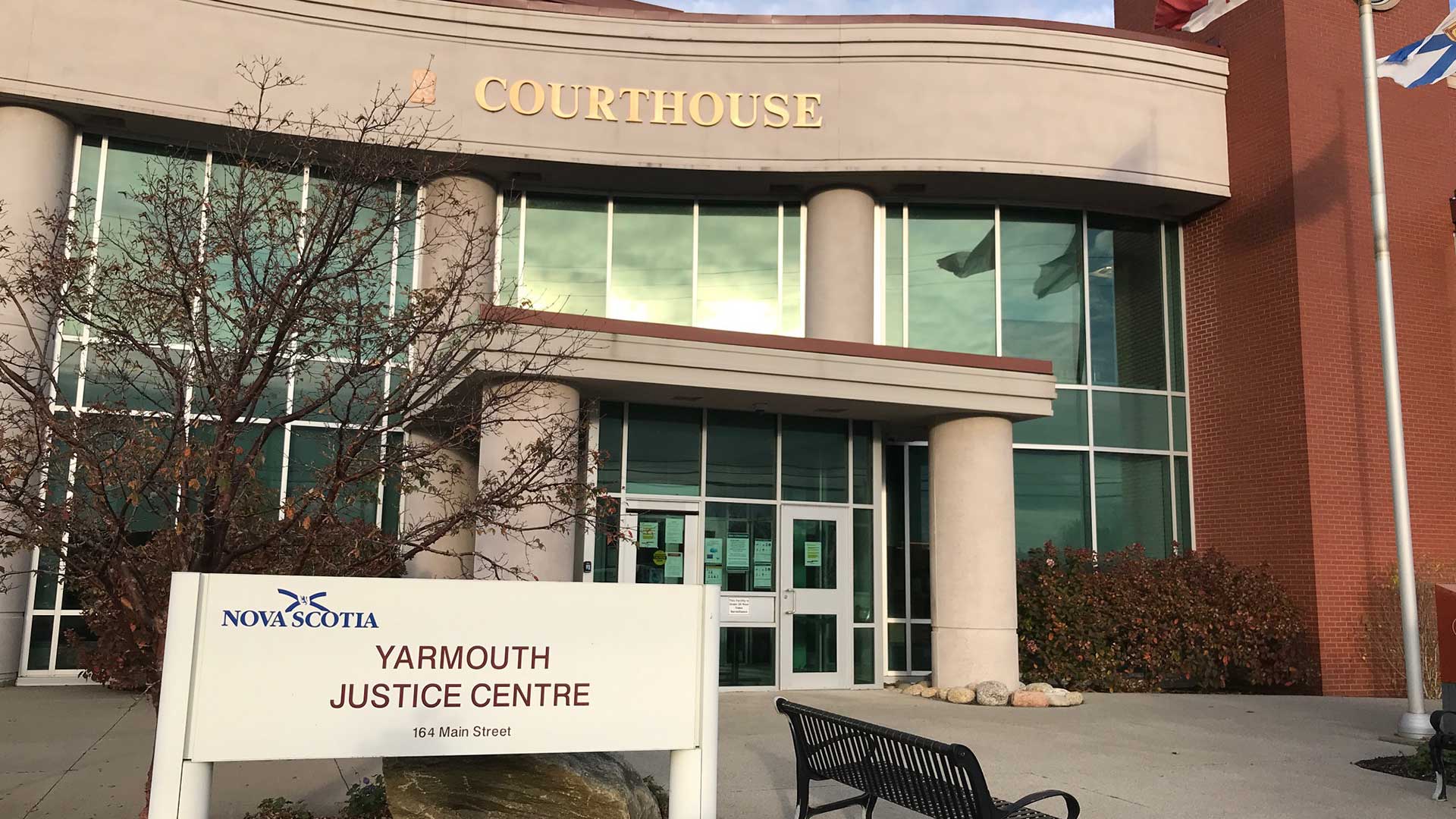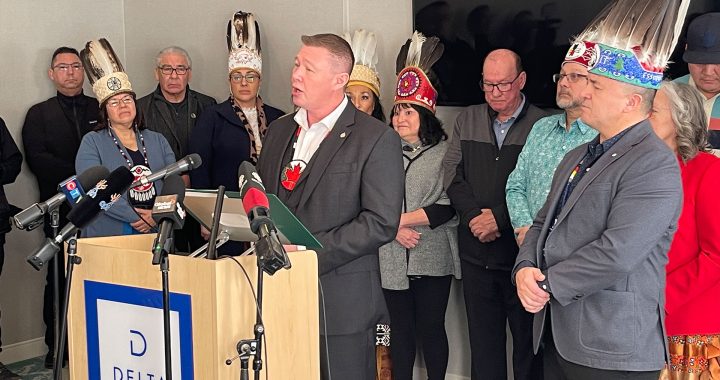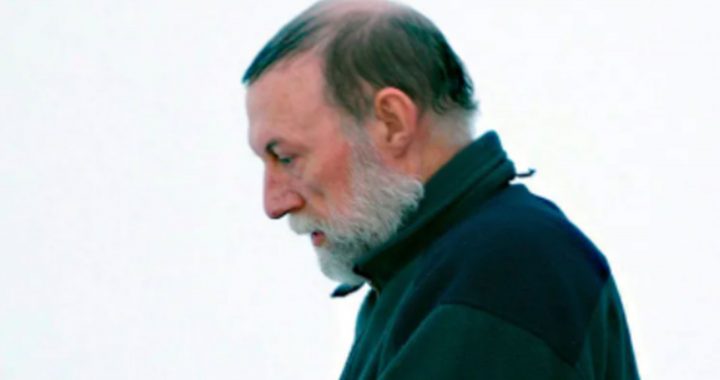The standing committee on Fisheries and Oceans met again Monday evening to explore the implementation of Mi’kmaw treaty rights to fish lobster for a moderate livelihood.
Testimony was heard from Mi’kmaw chiefs and representatives from the fisher’s associations of P.E.I. and Cape Breton in Nova Scotia.
The main points of discussion were around the conservation of lobster stocks, transparency and defining what a Mi’kmaw moderate livelihood would look like.
Assembly of First Nations Regional Chief for Nova Scotia and Newfoundland Paul Prosper said providing any definition to legal context to what a moderate livelihood or a moderate livelihood fishery is beyond the scope and mandate of that committee.
“To do so would mean to undermine that nation to nation negotiations currently undertaken between the Mi’kmaw and federal government,” Prosper said. “Rather I believe the primary purpose for this hearing is to educate you, the leadership of this country, on some issues and perspectives that the Mi’kmaw are currently facing.”
Also in attendance was Listuguj Chief Darcy Gray who told the committee that their lobster fishery works together with their neighbors. He explained how they go about fishing and that their key values and principles tend to align with other communities.
But he said a moderate livelihood would be defined at the community level.
“It wouldn’t be for us in Listuguj to tell Gesgapegiag how to fish or what’s important or how they define moderate livelihood,” Gray pointed out.
Non-Indigenous fishers say they’re being ignored
The president of Prince Edward Island Fishermen’s Association (PEIFA) Bobby Jenkins said commercial fishers are not being represented in important discussions that impact the resource they depend on for their livelihood.
“The PEIFA represents 1,254 core harvesters in Prince Edward Island. The primary revenue species for our members is lobster,” Jenkins said in his presentation. “Sustainability of lobster stocks and consistent enforcement of conservation measures is important.”
Michael Barron of the Cape Bretton Fish Harvesters Association said they have written letters to ministers such as Liberal MP Jaime Battiste and have gotten no response.
Battiste, who was at the meeting, denied receiving the letters and asked to have them resent to his office.
Barron said one of their concerns is that fishing out of season with no competition is not only bad for the industry, but it gives the Mi’kmaw an advantage making their fisheries more profitable.
“If too much access is granted through communal fishing and the commercial and the stocks start to be depleted somewhat, it’s gonna affect the overall fisheries,” Barron said.
The Sipekne’katik First Nation is currently using 550 traps compared to the 390,000 used by commercial harvesters during the lobster season.
Other MI’kmaw communities are bringing their moderate livelihood fisheries online now. Some harvesters have had their traps seized by the Department of Fisheries and Oceans.

Ian MacPherson is with the PEIFA and he said they understand the nation-to-nation negotiation process but echoed the concern that non-Indigenous fishers are being ignored.
“The response being that ‘we can’t tell you what’s going on because it’s nation to nation’ that this has led to a lot of frustration and unfortunately some of the situations that’s out there now,” said MacPherson.
Prosper said completely getting rid of the potential for conflict is difficult but hopes the government will “do the right thing” and recognize the treaty rights of the Mi’kmaw to fish and will protect them from backlash.
“It‘s a matter of law. It’s the law of the land,” Prosper said.
Prosper hopes First Nations communities can work together with their non-native counterparts in a manner that is respectful of everyone’s respective rights.
Read More: Mi’kmaw Fishing Rights
As for what has and has not been working so far, Prosper said the approach that hasn’t worked is government negotiation without recognition and such has been the case over the past 21 years.
Moving forward, the non-Indigenous fishers associations suggest the appointing of a liaison to keep them informed which would help to keep tensions down. They said without information people assume the worst.
The committee will hear from more witnesses on Thursday.










